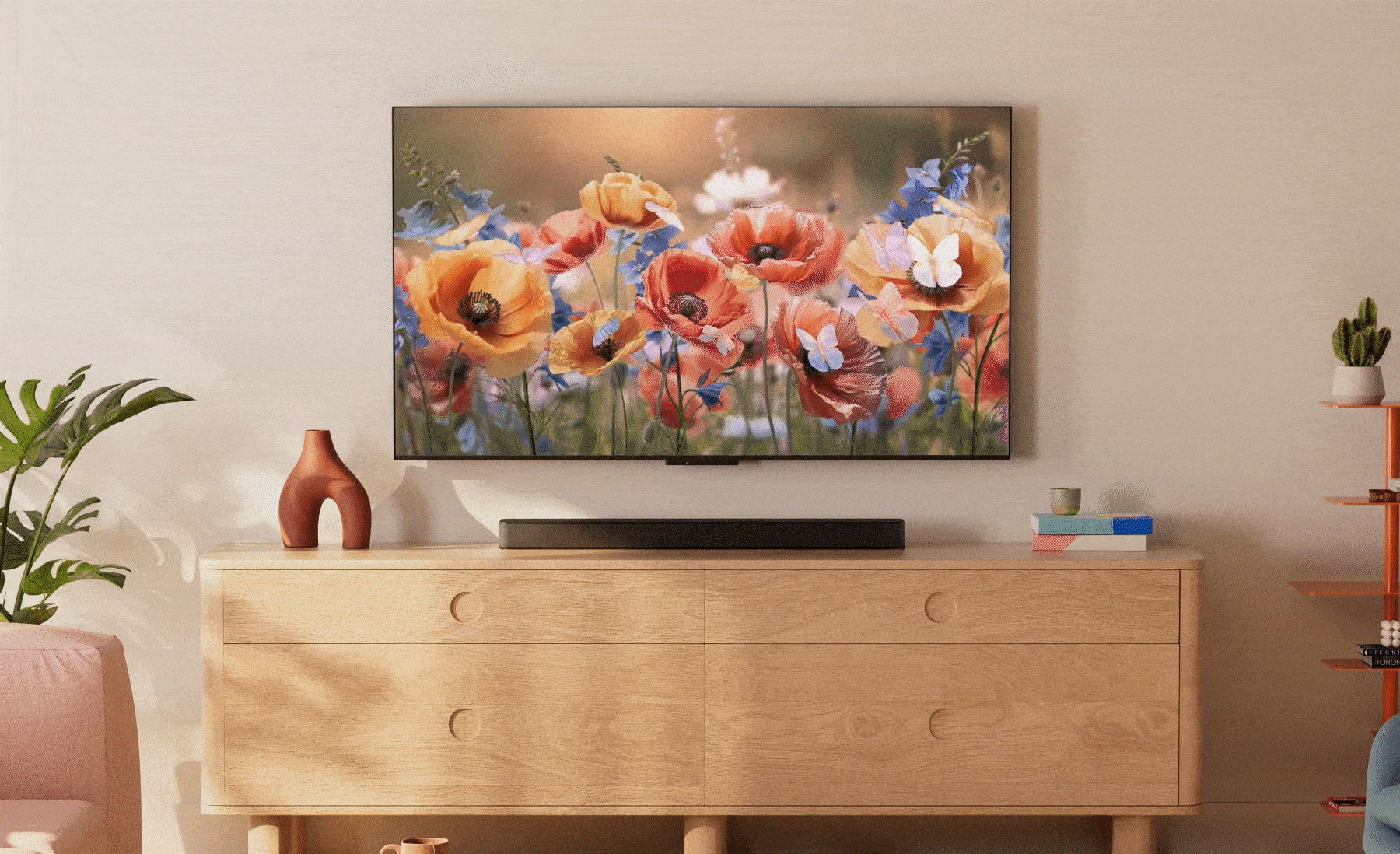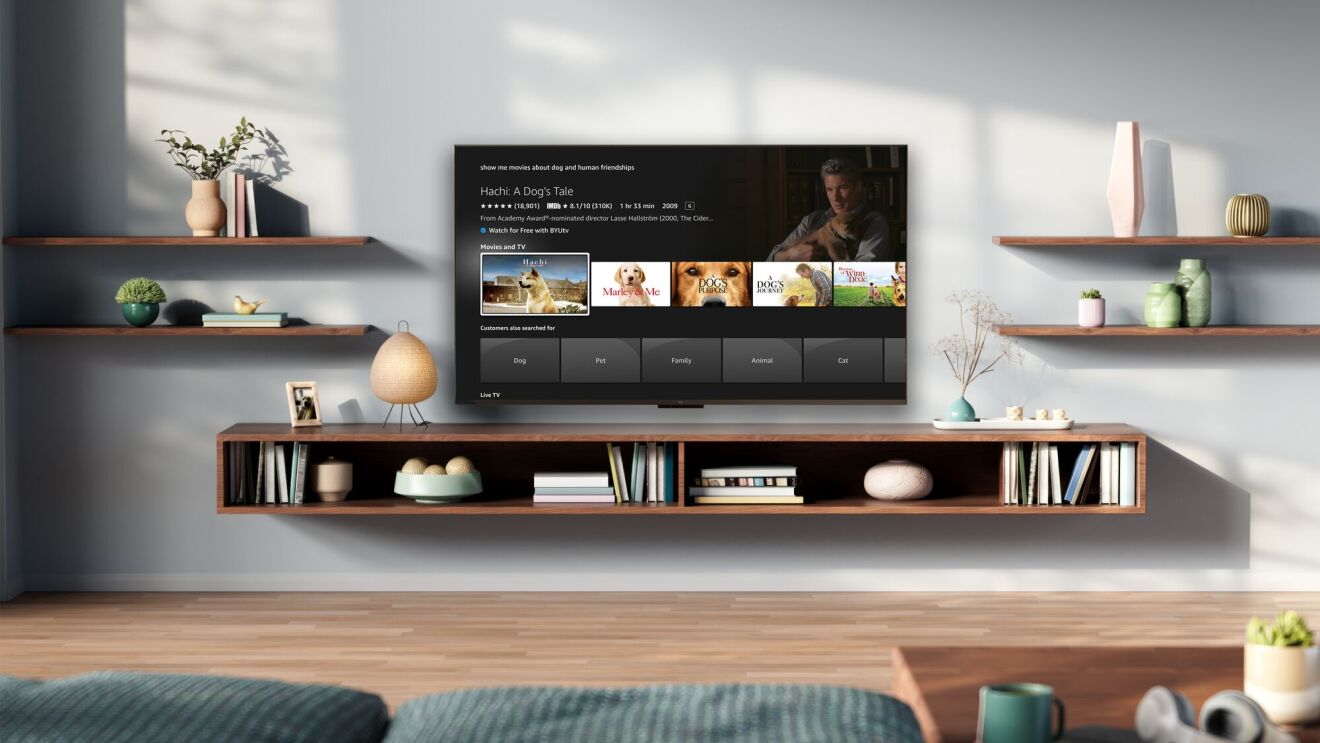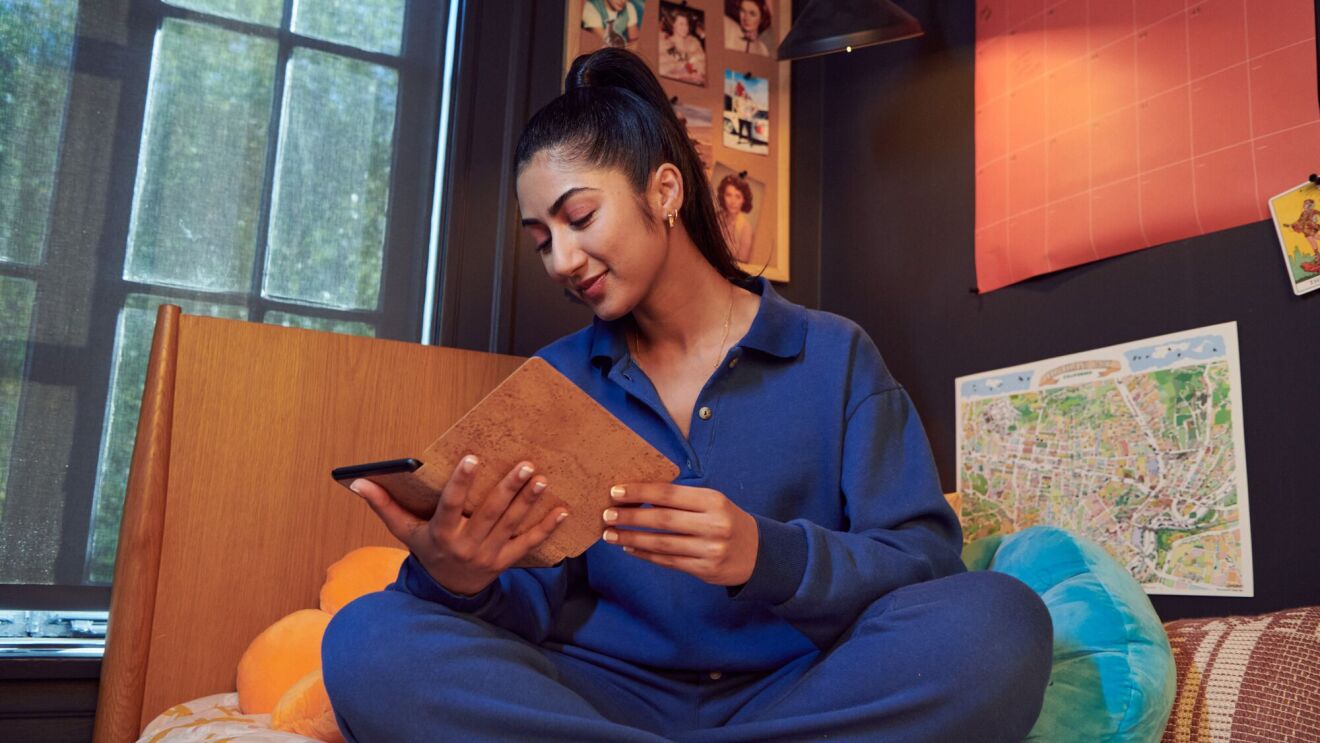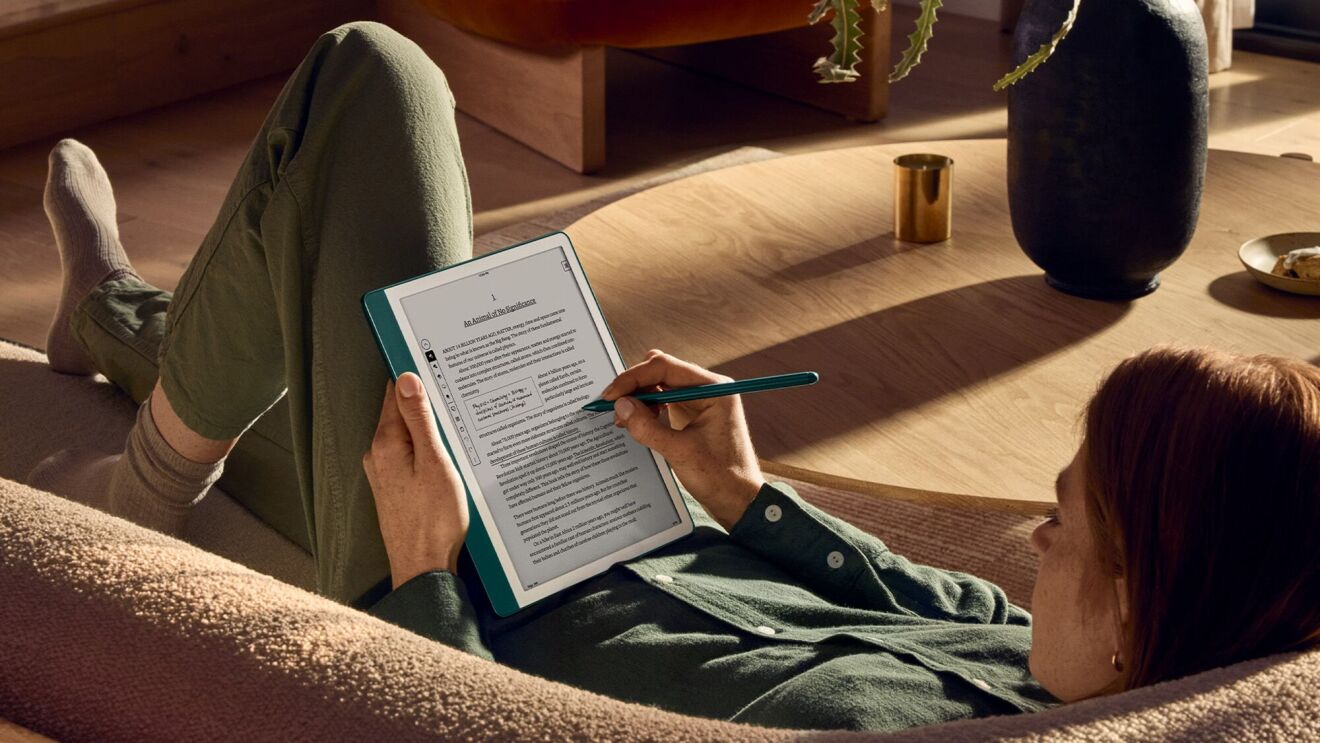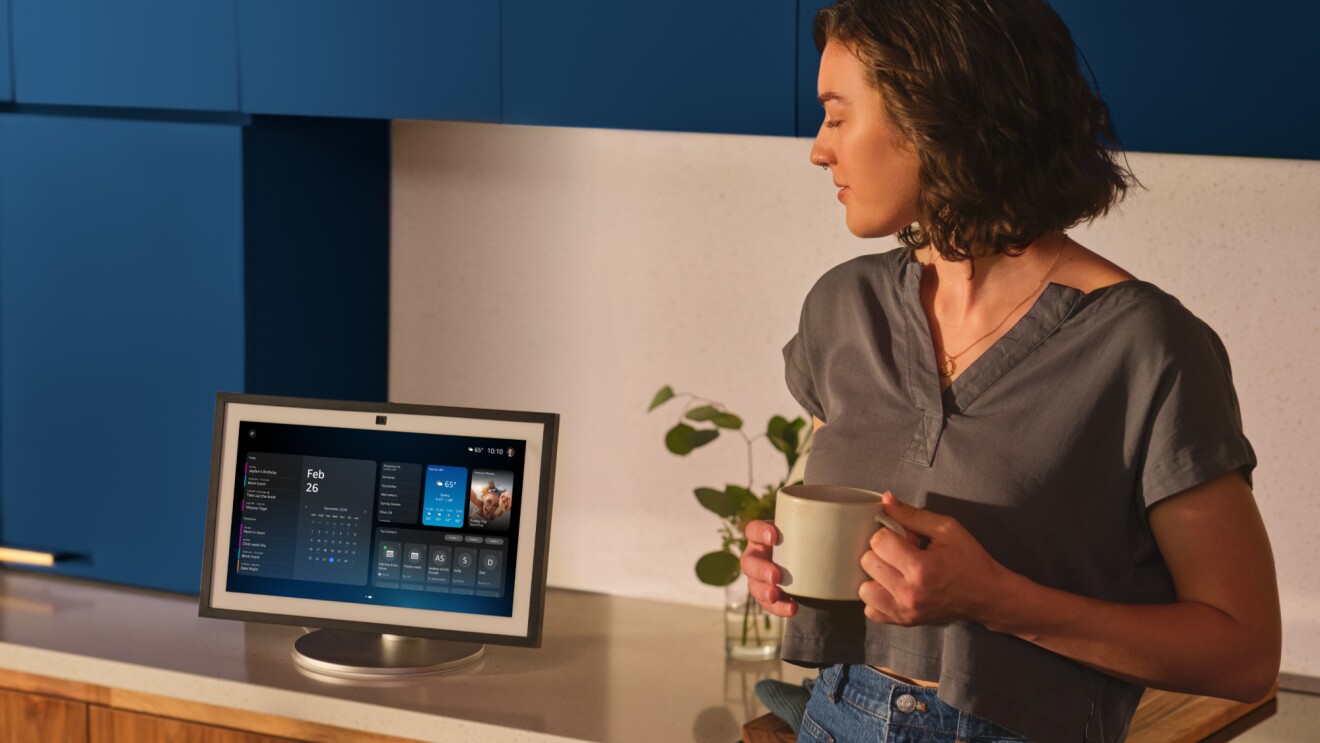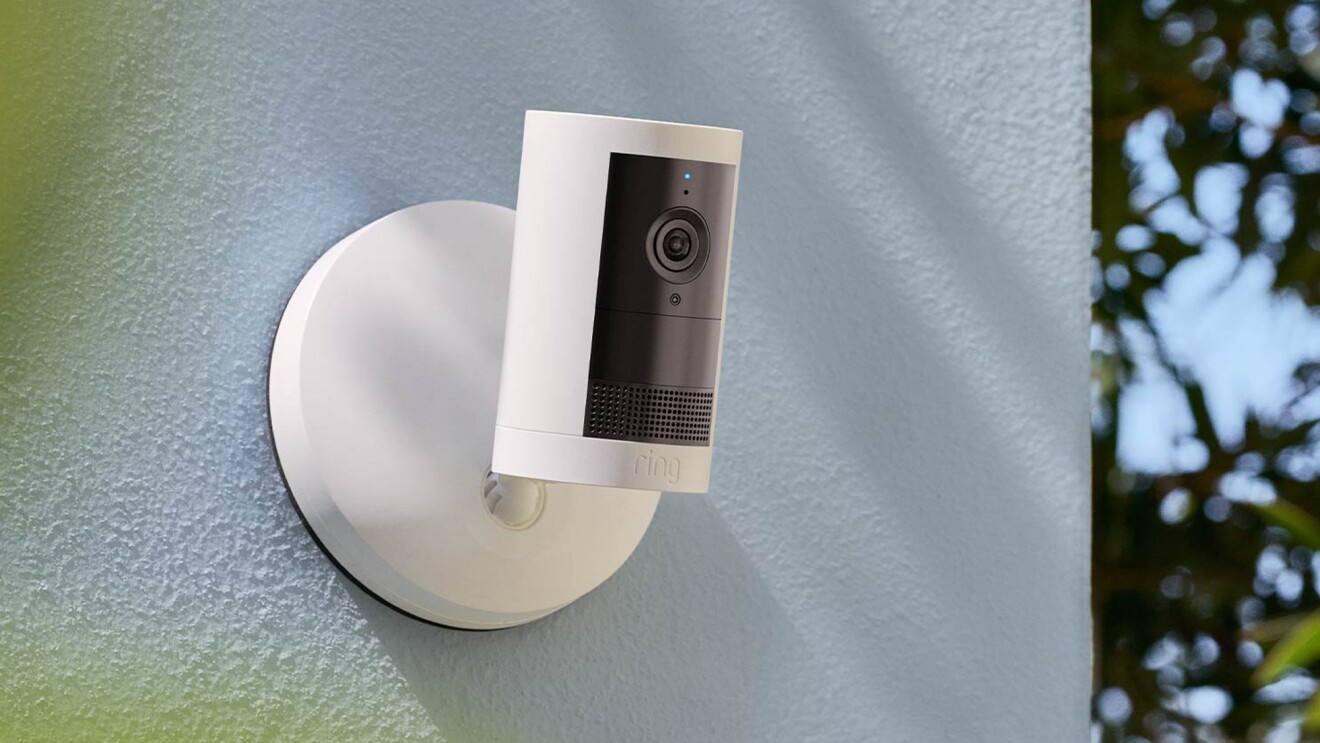A mom who allows her school-age kids to play video games while she completes her workday says “the guilt eats at me all night." A dad told me that he just “has no idea what to do” when his child is bullied online, and it makes him feel that he’s failed his daughter. As a parent myself, I know firsthand how intense these feelings of confusion and guilt can be as we wonder if our decisions have been the best for our children.
Screens and technology have become part of the air we breathe. We know that kids are online more than ever and that parents are feeling confused and concerned about their children’s involvement in the digital environment. There are many voices offering advice about screen time limits and potential harms of technology while, at the same time, so many technology tools and applications are vying for children’s attention; it can be difficult to know what decisions to make to help our kids grow up healthy and kind.
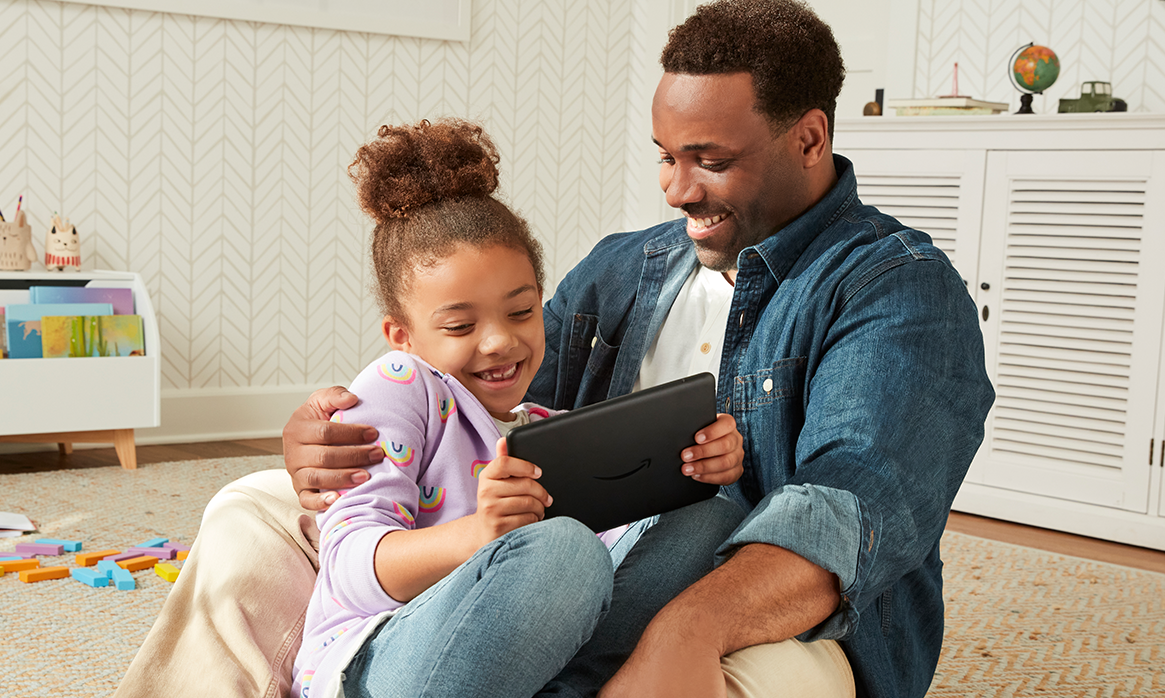
Parenting is an art, and every child is unique, with their own needs and interests. Our goal at the Digital Wellness Lab is to give families accessible information to help them make daily decisions about technology and media that are in the best interest of their own and their children’s wellness. We use science to inform our media decisions, but it can’t offer black and white guidance that is applicable to all children in all families.
Parents are uniquely positioned to help their children learn to navigate screens in whatever way is most productive and healthy for them, proactively choosing when to engage in screens—and, also, intentionally choosing to step away sometimes and shut down the technology around them. When proactively choosing screens, you can do a few things to make them make a healthier choice:
Make screen time a shared experience
- Co-viewing media, such as TV shows and movies, offers many educational and relationship-building opportunities.
- You can build your child’s media literacy by discussing what they are seeing on the screen. When an advertisement comes on, you can ask your child what they think the ad is trying to get them to do, who they think created it, and what is attractive (or not) about it.
- Time watching screens together can be used as an opportunity to physically interact. Sit with your child physically next to you or on your lap. Use the opportunity to cuddle and to look at one another while engaged with screens.
Games offer a bonding and shared coping opportunity for families
Children love to be experts and to share their expertise with others.
Children love to be experts and to share their expertise with others.
- Ask your child what they are playing, what they like about it, and if you can play with them. You can ask them to teach you how to play and ask questions along the way.
- Social games offer kids opportunities to make new friendships and to extend their connections with their “real life” friends. You can ask your child to introduce you to their friends online and to tell you more about them and how they met.
Explore interactive experiences
When you can’t engage in the screen with your child, try to select interactive media.
When you can’t engage in the screen with your child, try to select interactive media.
- Many television shows, movies, and apps invite even the youngest children to participate in the story. They may be asked to repeat after the character, answer a question, do an active movement (such as “hop like a bunny” or “dance like me”), or sing along. These media are more engaging and better support a child’s development and healthy media use.
Sometimes, healthy media use looks like putting down screens to take a walk outside in nature or to play a game of basketball together. To facilitate easier transitions, give your child a heads up that the transition is approaching, empower them to lead the transition (e.g., by having them turn off the television or press the power button on the tablet), and move on to a new, fun activity.
In my practice, I urge parents to trust what they know about themselves and their children to make individualized decisions about media and technology. Guilt gets in the way of our constant improvement as parents; as long as parents are engaged with their children, seeking to always make choices that are in their children’s best interests, there is no need for guilt.

Dr. Michael Rich, MD, MPH, is an associate professor of pediatrics, part-time, at Harvard Medical School, an associate professor social and behavioral sciences at the Harvard T.H. Chan School of Public Health, and practices adolescent medicine at Boston Children’s Hospital. The pediatrician, researcher, father, and filmmaker is also the founder and director of the Center on Media and Child Health and the first evidence-based medical program addressing physical, mental, and social health issues associated with digital technology, the Clinic for Interactive Media and Internet Disorders .
Trending news and stories


